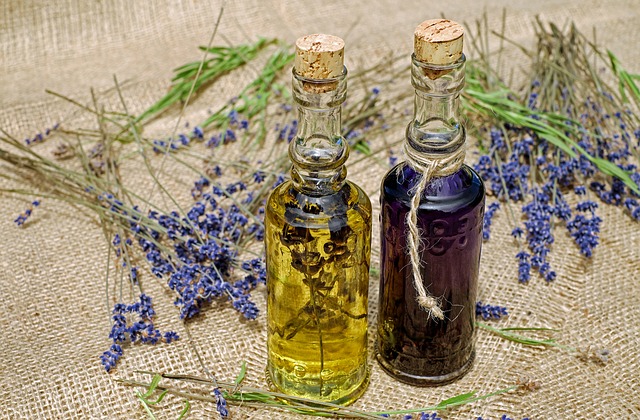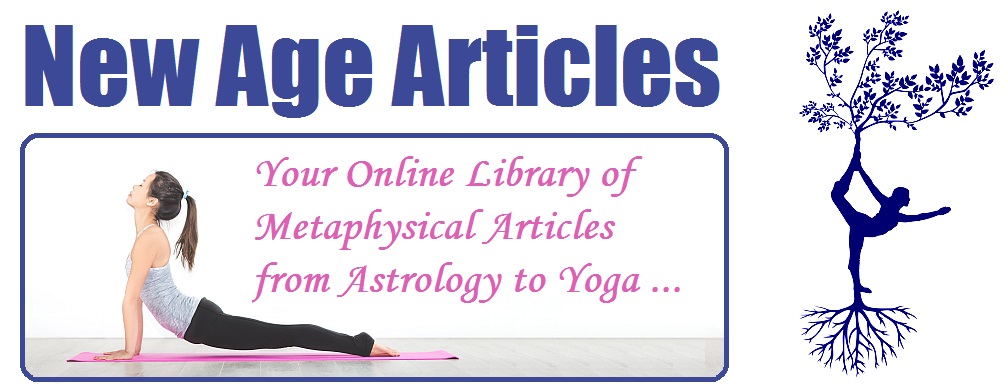The Scientifically Proven Health Benefits of Aromatherapy by B. SixWise

For thousands of years, aromatherapy has been used to promote physical, mental and spiritual health. It involves using a plant’s essential oil, taken from its flowers, leaves, bark or roots, and massaging it (mixed with another substance like oil or lotion) into the skin, inhaling it or using it to fragrance a room.
Even as far back as Egyptian times, essential oils were made by soaking plants and filtering the oil through a linen bag.
The actual term “aromatherapy,” however, wasn’t coined until 1928, by Rene-Maurice Gattefosse, a French chemist. He first used the oils to treat wounds during World War I, and later continued experimenting with them. He found that certain oils had different healing properties, and he classified each oil as antiseptic, stimulating, calming, antitoxic, etc., depending on its uses.
How Does Aromatherapy Work?
It’s thought that essential oils activate nerve cells in the nose, which send impulses to the limbic system of the brain — the part that deals with emotions and memory.
Aromatherapy is used both emotionally to invigorate, calm, relieve stress and more, and physically to help relieve certain conditions by stimulating the immune system, circulatory system and nervous system.
Essential oils can be applied by an aromatherapist, who can mix a custom blend of oils for a specific complaint, or can be bought individually in health food stores. Unless you are very knowledgeable about essential oils and their effects, it’s best to consult with a trained aromatherapist before using them. Tiny amounts of essential oils can produce marked changes, and some can be harmful, particularly to pregnant women.
Traditionally, essential oils are used by:
Mixing them with a carrier oil or lotion, and massaging them into the skin.
Inhaling during an aromatherapy session.
Adding them to bathwater.
Health Benefits of Aromatherapy
Essential oils have been used to treat a seemingly endless number of conditions, including: Anxiety Depression Urinary tract infections Vertigo Headaches and earaches Panic attacks Dermatitis Fatigue Irritability Chickenpox Allergies Herpes Arthritis Stress Cancer Flatulence Laryngitis
Although much of aromatherapy’s benefits are based on anecdotal evidence, aromatherapy is receiving more attention from researchers as an effective and safe treatment option.
Promotes Deep Sleep
A 2005 study published in the journal Chronobiology International found that lavender essential oil acts as a mild sedative and promotes deep sleep. In the study, 31 healthy sleepers spent three nights in a sleep lab: one to adapt to the study, the next with lavender oil administered into the air and the third with a control (distilled water) stimulus.
The lavender:
Increased the percentage of deep or slow-wave sleep in men and women.
Increased stage 2 (light) sleep.
Decreased rapid-eye movement (REM) sleep.
Further, all the participants reported higher vigor the morning after the lavender exposure.
Fight Staph Infection
Three essential oils studied by researchers at the University of Manchester were able to kill, within two minutes of contact:
MRSA (staph infection)
E. coli
Many other bacteria and fungi.
They say the oils can be blended into soaps and shampoos that, if used by hospital staff, doctors and patients, could eliminate the spread of these “super bugs.” Patients could even simply inhale the oils to prevent being at risk.
The particular oils used in the study will not be released until the researchers can find funding for a clinical trial.
Said researcher Peter Warn from the University’s Faculty of Medicine:
“We believe that our discovery could revolutionize the fight to combat MRSA and other `super bugs,’ but we need to carry out a trial and to do that we need a small amount of funding … We are having problems finding this funding because essential oils cannot be patented as they are naturally occurring, so few drug companies are interested in our work as they do not see it as commercially viable. Obviously, we find this very frustrating as we believe our findings could help to stamp out MRSA and save lives.”
Benefits for Childbirth
According to a paper published in the August 2005 issue of Complementary Therapies in Clinical Practice, an aromatherapy service produced beneficial results for patients at a UK maternity unit. The aromatherapy was found to normalize childbirth and increase the satisfaction of mothers in regard to their labor experiences.
Improvement in Shingles Outbreaks
A case study of six hospice patients with shingles outbreaks found that a combination of three essential oils improved symptoms significantly.
The patients sprayed a solution of 95 percent distilled water, 5 percent essential oil blend of Ravensara, Bergamot and Niaouli onto the rash at least three times a day. According to Noel Gilligan, the registered aromatherapist who ran the study, after 48 hours, all patients reported:
A significant reduction in shingles pain.
A scabbing and healing of the shingles pustules.
Either a disappearance (one case) or reduction (five cases) or a “drying up” (three cases) of the pustules.
As we mentioned earlier, it is important to use caution when experimenting with pure essential oils. Certain varieties, in certain people, can exacerbate allergies and asthma, irritate the skin and cause uterine contractions in pregnant women. A trained aromatherapist can help you to determine which oils will be beneficial and safe for you.
About the Author:
This article was provided by: SixWise.com. The old way of thinking: “holistic living” pertains only to personal health. The new way of thinking: “holistic living” means prevention of the negative and adherence to the positive in all SIX practical areas of life: relationships, finances, career, home environment, safety and health. With the SixWise.com e-newsletter, you will get holistic wisdom from the world’s top experts.






